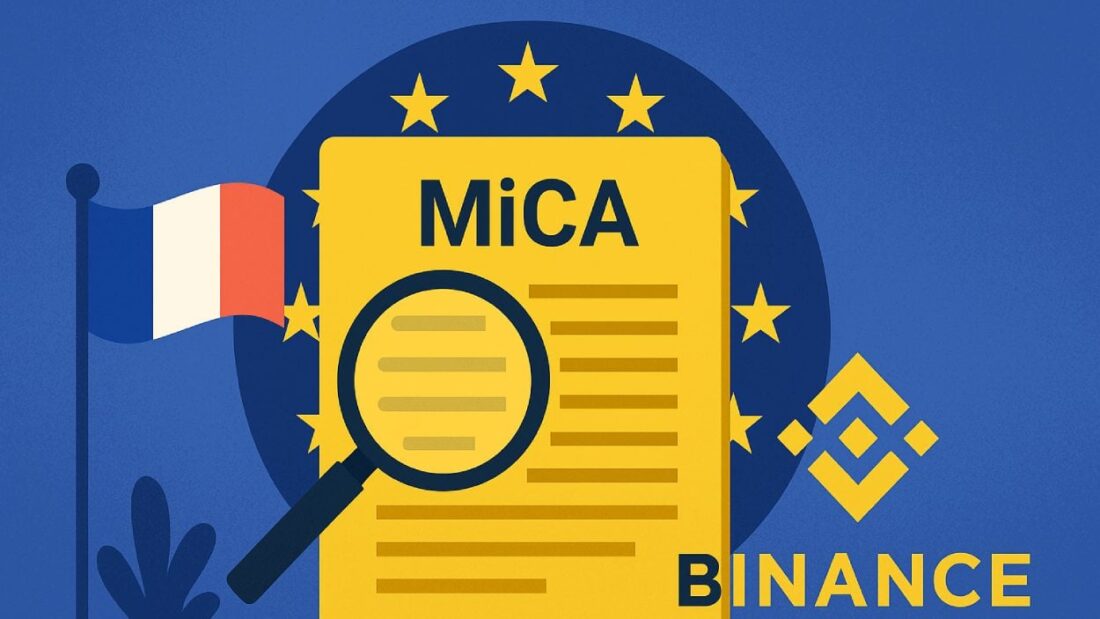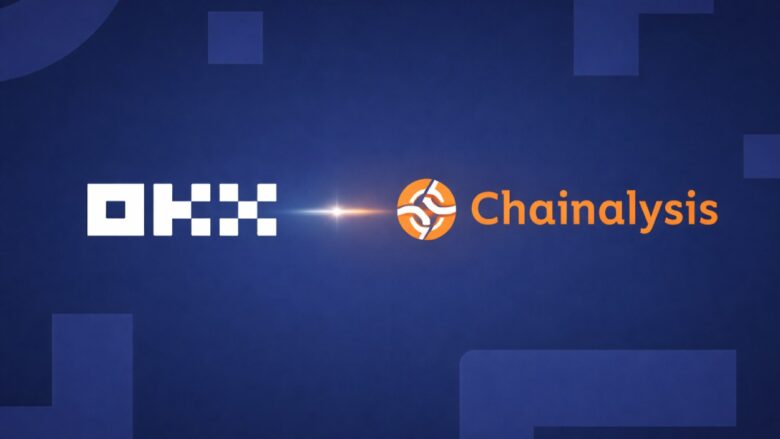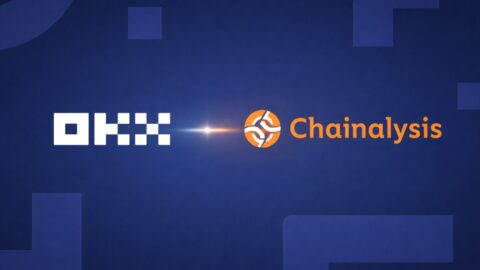France is pushing hard to enforce anti money laundering standards at Binance as the crypto exchange races to satisfy EU rules under the new MiCA regime.
Key Takeaways
- France’s regulator, the ACPR, identified shortcomings in Binance’s compliance and risk controls during onsite inspections
- If Binance fails to remediate the issues, its chances of securing a MiCA license could be jeopardized
- The EU’s Markets in Crypto Assets regulation demands uniform compliance across member states, making national enforcement pivotal
- France, Austria, and Italy are lobbying for ESMA, the EU markets authority, to take direct oversight of major crypto firms
What Happened?
In recent months, the French Prudential Supervision and Resolution Authority (ACPR) has conducted onsite inspections of Binance’s operations in France. The scrutiny focused on anti money laundering (AML) and counter terrorist financing (CTF) controls. Regulators flagged gaps in Binance’s compliance programs and asked the company to strengthen its internal controls.
These inspections come amid the rollout of the EU’s Markets in Crypto Assets regulation (MiCA). The new rules require crypto firms to satisfy stricter governance, transparency, and risk management standards. Firms operating in EU member states must secure MiCA authorization to continue cross border operations.
🚨 JUST IN:#BINANCE IS UNDER INVESTIGATION FOR MONEY LAUNDERING.
— 0xNobler (@CryptoNobler) October 17, 2025
FRANCE IS CONDUCTING A FULL SCALE INSPECTION TARGETING SUSPICIOUS CRYPTO TRANSACTIONS.
MAJOR CEX COLLAPSE INCOMING?? https://t.co/vZVrSH9V0D pic.twitter.com/oRbcSnVZMS
Because France is considered one of the more rigorous national regulators, its findings carry weight not just for Binance’s operation in France but for how MiCA enforcement may unfold across Europe.
French Inspections Reveal Alarm Bells
Sources indicate that the ACPR began its review in late 2024, targeting all PSANs (Prestataires de Services sur Actifs Numériques) including Binance and Coinhouse. During those inspections, the regulator directed Binance to shore up risk management, compliance staffing, and internal controls.
While the precise deficiencies remain confidential, industry observers believe they relate to technology systems, transaction monitoring, staffing, and customer due diligence. The ACPR also shares its findings with France’s markets regulator, the AMF, which has ultimate say in approving local MiCA applications.
Failure to address these deficiencies may invite sanctions, or worse, exclusion from MiCA licensing in France.
The MiCA Clock Is Ticking
MiCA officially came into force in December 2024. Under the regulation, firms operating under legacy frameworks were granted up to 18 months to comply or reapply under the new rules. Binance has expressed its intention to apply for a MiCA license, but it has not yet revealed in which member state it plans to base its application.
Potential bases include Latvia or Malta, both of which have become operational hubs for many crypto firms. Yet, tensions among EU regulators over standards enforcement could complicate Binance’s choice.
In France, companies have until June 2026 to secure regulatory compliance and approval. So far, only a few firms, such as Deblock, GOin, Bitstack, and CACEIS (tied to Crédit Agricole) have received AMF approval.
Broader Regulatory Stakes Across the EU
France is not acting alone in pushing for stricter oversight. Along with Austria and Italy, it is advocating for the European Securities and Markets Authority (ESMA) to be granted direct supervisory control over large crypto firms. That would help prevent regulatory mismatches and “safe havens” where weaker countries offer lax enforcement.
Paris has even threatened to reject licenses issued by other states if standards are not consistent, challenging the principle of passporting embedded in MiCA.
In the crypto industry, Binance’s compliance failures (if confirmed) may set a precedent. Regulators across the EU will watch closely whether national enforcement influences licensing outcomes.
CoinLaw’s Takeaway
France’s move to flag Binance for compliance shortcomings carries outsized importance. MiCA is not just a new rulebook, it is a reboot of how crypto firms must operate in the EU. In my experience following regulation trends, firms that fail to treat enforcement seriously often find themselves squeezed out, especially under regimes like MiCA that demand uniform standards.
In this scenario, Binance is under pressure not just from France but from the future of EU regulation. If it cannot satisfy the ACPR’s demands, that may signal deeper weaknesses in how it handles compliance. And that could damage not only its standing in France but across all EU member states.


































































